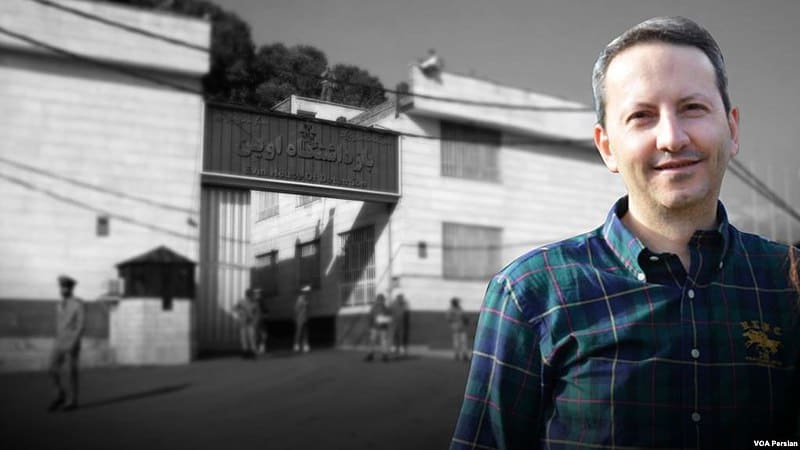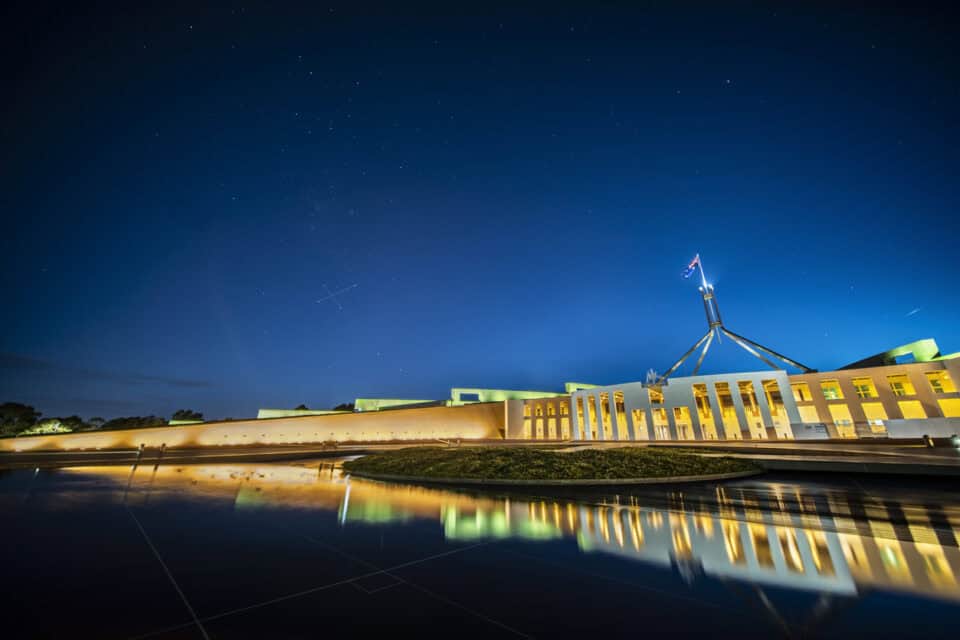A group of higher education stakeholders have urged the Iranian government to release the Swedish-Iranian scientist Ahmadreza Djalali, saying that he has been tortured and left without adequate medical care.��
Djalali is a disaster medicine specialist who holds both Iranian and Swedish citizenship. Iran claims that he passed on classified information to Israel’s Mossad intelligence agency to help them assassinate Iranian nuclear scientists. He was sentenced to death in 2017 and put on death row.��
It comes the same week as a China included a UK academic –��Jo Smith Finley, based at Newcastle University – in its to��sanction nine individuals and four entities in the UK that “maliciously spread lies and disinformation”.
“The latest report from the UN experts clearly highlights how tragically bad Dr Djalali’s situation is”
United Nations human rights experts are said to be on high alert and have about the “worsening, life-threatening situation” of Djalali who is thought to be suffering from leukaemia. and have also raised concerns that he has been tortured.��
In a , the chair of the board of the ��(SUHF), Astrid Söderbergh Widding, and the president of ��(HRK), Peter-André Alt, called for Iran’s leaders to lift the death penalty and release the scientist.��
“The latest report from the UN experts clearly highlights how tragically bad Dr Djalali’s situation is,” said Peter-André Alt.��
“The independent group of experts has expressed their concern that solitary confinement and the denial of medical help will lead to Dr Djalali’s death.��
“Iran’s actions are rightly classified as torture. I am appalled that Iran is showing such utter disregard for human rights and academic freedom and destroying the life of a respected scientist. Iran must release Dr Djalali now and restore his freedom or this will inevitably spell disaster,” Alt added.��
In February 2018 Iran’s Supreme Court denied a request to review Djalali’s death penalty verdict. According to the stakeholders, for some time now, Dr Djalali has been refused proper medical treatment despite it being strongly suspected that he may have leukaemia.
Scholars at��Risk has accused the Iranian security forces of torturing the researcher. Amnesty International has also reported attempts to force him to confess. Djalali has been in solitary confinement since the end of November 2020.��
A British-Australian academic – Kylie Moore-Gilbert – released in late 2020, likened the��solitary confinement she faced in Iran for seven months was .
Djalali had previously been transferred to another prison in preparation for the purpose of execution of the death penalty. The scientist’s health has continued to deteriorate dramatically under the��conditions of his solitary confinement. UN experts evaluate solitary confinement as torture.
“It is with utmost consternation that we, the Swedish academic community, have received the latest news from the UN experts on our wrongfully convicted colleague Dr Djalali, and his increasingly alarming situation as he is being held in solitary confinement and deprived of medical care,” said Astrid Söderbergh Widding.
“We are shocked by Iran’s inhuman treatment of Dr Djalali and the complete lack of respect that is shown in this case both for academic freedom and human dignity. We forcefully demand his immediate release,” she added.��



